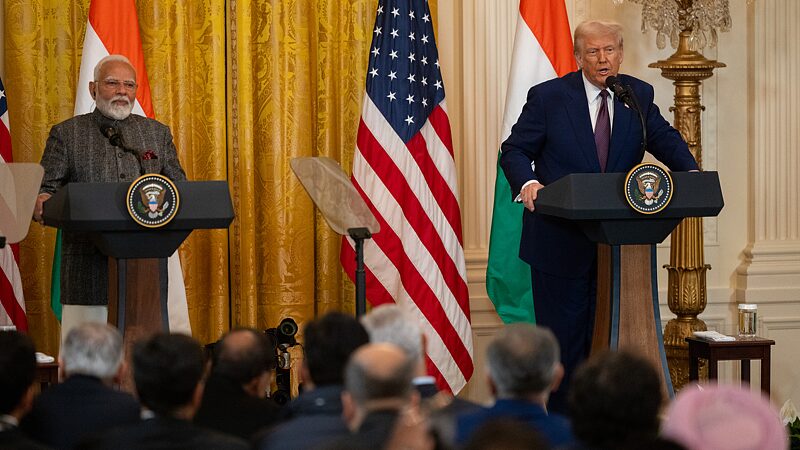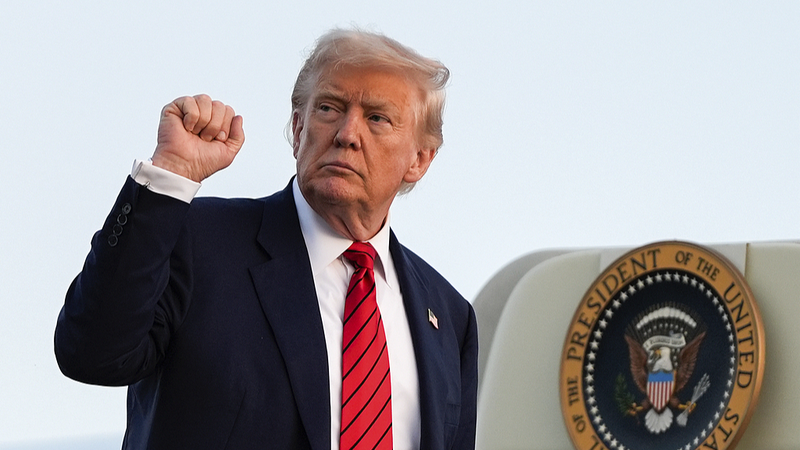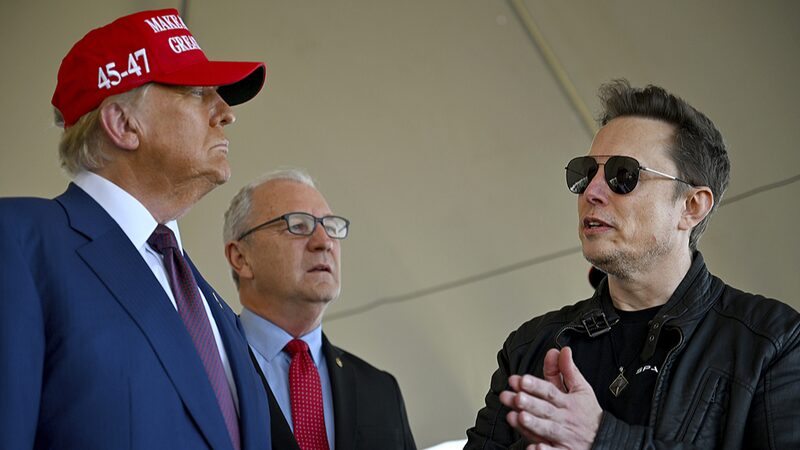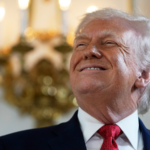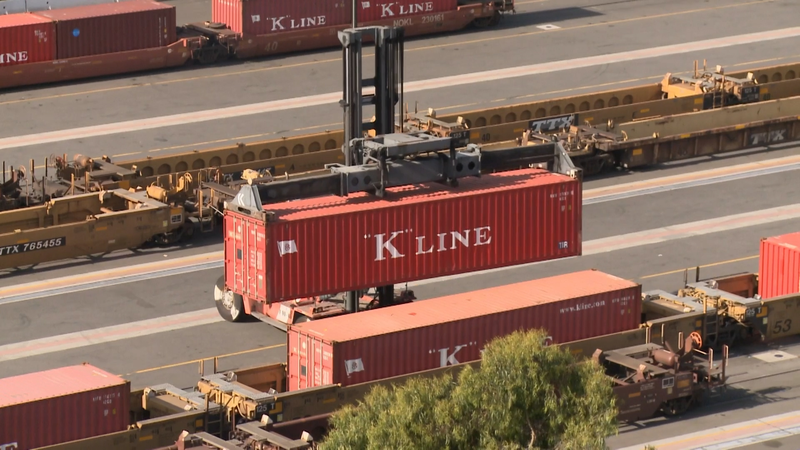India's $283 billion IT industry faces a seismic shift as new U.S. visa fees upend decades of talent mobility practices. President Donald Trump's $100,000 fee for new H-1B visas, effective immediately, threatens the sector's reliance on rotating skilled workers to U.S. client sites – a model accounting for 57% of its revenue.
American Dream Slipping Away for Indian IT Workers
"The 'American Dream' for aspiring workers will be tough," said Ganesh Natarajan, former CEO of Zensar Technologies. Analysts predict accelerated offshore delivery and increased hiring of U.S. citizens as firms like TCS and Infosys scramble to adapt. Industry body Nasscom warns of ripple effects on America's innovation ecosystem and project continuity.
Future H-1B Visas Reserved for Critical Roles
Immigration attorneys report companies will now reserve H-1Bs for essential positions. "This reshapes employer demand," noted Vic Goel of Goel & Anderson. The policy chaos forced last-minute returns of Indian and Chinese workers to the U.S., with internal memos from Microsoft and Amazon revealing frantic travel adjustments.
Global Capability Centers Gain Momentum
Experts anticipate growth in U.S. firms' Indian Global Capability Centers (GCCs), projected to generate 2.8 million jobs by 2030. "We're seeing a new world order on services economics," said Constellation Research's Ray Wang, predicting increased automation and strategic role shifts to India.
Legal challenges loom as the industry grapples with potential 25% outsourcing taxes and sluggish U.S. tech spending. With 71% of H-1B visas going to Indian workers in 2023, this policy shift marks a pivotal moment in global tech labor dynamics.
Reference(s):
Trump's H-1B visa crackdown upends Indian IT industry's playbook
cgtn.com


